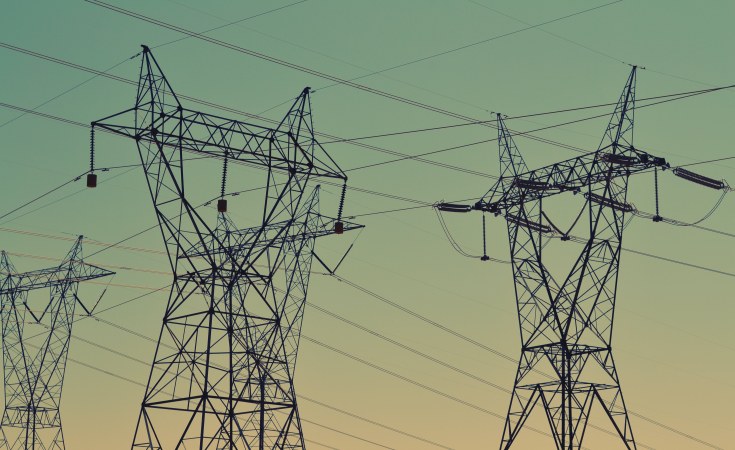Minister in the Presidency for Electricity, Dr Kgosientsho Ramokgopa, has apologised to the nation for Stage 6 load shedding that was implemented on Thursday.
The Minister was speaking during a media briefing on Monday.
Eskom implemented Stage 6 load shedding last week following breakdowns and delays in returning to service of generating units.
"I want to express our sincere and profuse apology for having taken you through a very difficult stage of intensive load shedding.
"Firstly, load shedding is unacceptable. The second part is that going to higher stages of load shedding, especially Stage 6, should not become the norm. If anything, that should constitute an extraordinary occurrence. The intensity of load shedding that goes beyond Stage 4 is something that should be unacceptable and it's something that, to the degree that we can... we will do everything to avoid," he said.
On the upside, the Minister said at least two units are already expected back online, which will add some 1 305MW onto the grid. Furthermore, later this week, at least 12 generating units are also expected back to boost the grid by some 5 438MW.
Ramokgopa said the implementation of Stage 6 - following at least three weeks of sustained improved performance by Eskom power stations - is a manifestation of earlier warnings that the power grid remains under severe pressure.
"[This is] a reconfirmation of the fact that the grid remains vulnerable and susceptible to plummeting of availability of megawatts... although we have seen a significant amount of reprieve over the 21 days.
"What we have always known was that we should be able to get to a stage where we are able to build resilience, reliability of these units and also create an additional buffer so that as when these units fail... there's sufficient reserve margin that will allow us an opportunity not to engage in any stage of load shedding and/or any intensification of load shedding," he said.
Ramokgopa explained that Eskom's power stations are particularly vulnerable to boiler tube leaks, which cause unplanned outages for generation units.
"That's the persistent failure that we are experiencing across all the power stations. It's an area of technical shortfall that requires all of our attention. It has to do sometimes with the quality of coal.
"In our conversation with Eskom's technical team, we said that we must just focus on this and in my other conversations with leading universities in the country... we tried to see if we can get people who studied this so that we are able to help the situation.
"This is our albatross and the majority of boiler tube leaks and the majority of the units that had failed and gone out are as a result of boiler tube leaks," Ramokgopa said.
The Minister reiterated government's commitment and plan to deal decisively with load shedding.
"Our task is twofold. The first is that in the shortest possible space of time, end load shedding and then make it possible to create additional capacity and a buffer so that as we enter the next winter season, we've got sufficient generating capacity to be able to meet those winter conditions.
"In the long run, for us to be able to build resilience and energy sovereignty for the country, we need to create additional generating capacity that will support the projected growth in the country," Ramokgopa said.


